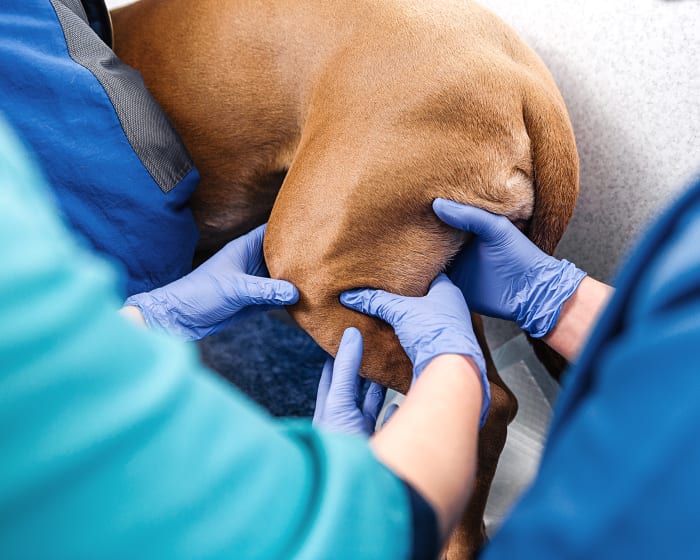
Our furry friends hold a special place in our hearts, and seeing them in pain due to orthopedic issues can be heartbreaking. This is where the expertise of a veterinary orthopedic surgeon comes into play. These specialized professionals are adept at diagnosing and treating musculoskeletal problems in animals, helping them regain their mobility and lead a pain-free life. In this article, we will explore the world of veterinary orthopedic surgery and the invaluable role these surgeons play in healing our beloved pets' paws.
The Role of a Veterinary Orthopedic Surgeon
Diagnosis and Treatment
- A veterinary orthopedic surgeon is trained to diagnose various musculoskeletal conditions in animals, ranging from fractures and dislocations to ligament tears and joint diseases.
- They utilize advanced imaging techniques such as X-rays, MRIs, and CT scans to accurately assess the extent of the injury or disease.
- Once a diagnosis is made, the surgeon develops a tailored treatment plan that may involve surgery, medication, physical therapy, or a combination of these modalities.
Surgical Expertise
- Orthopedic surgery in animals requires precision and skill, and veterinary orthopedic surgeons are well-versed in a variety of surgical techniques.
- Common orthopedic procedures in pets include fracture repair, ligament stabilization, joint replacement, and corrective osteotomies.
- These surgeons are equipped to handle complex cases that involve multiple fractures or severe degenerative joint diseases.
Common Conditions Treated by Veterinary Orthopedic Surgeons
Anterior Cruciate Ligament (ACL) Tears
- ACL tears are a common orthopedic injury in dogs, leading to lameness, pain, and joint instability.
- Veterinary orthopedic surgeons perform ACL repairs using techniques such as TPLO (Tibial Plateau Leveling Osteotomy) or extracapsular suture stabilization.
- Post-surgery, rehabilitation and physical therapy are crucial for a successful recovery and long-term joint function.
Hip Dysplasia
- Hip dysplasia is a genetic condition that causes malformation of the hip joint, leading to arthritis and pain.
- Veterinary orthopedic surgeons may recommend procedures like total hip replacement or femoral head ostectomy to alleviate discomfort and improve mobility.
- Early detection and intervention can prevent the progression of hip dysplasia and offer a better quality of life for affected animals.
Benefits of Veterinary Orthopedic Surgery
Improved Quality of Life
- Orthopedic surgery can alleviate pain, restore mobility, and enhance the overall quality of life for pets suffering from musculoskeletal conditions.
- By addressing the root cause of the issue, surgical intervention can prevent further joint degeneration and complications in the future.
Long-Term Results
- Many orthopedic procedures yield long-lasting results, allowing pets to enjoy an active and pain-free life well into their senior years.
- Proper post-operative care, including rehabilitation exercises and follow-up appointments, is essential for optimizing the outcomes of surgery.
Conclusion
Veterinary orthopedic surgeons play a vital role in restoring mobility and comfort to our beloved pets. Their expertise in diagnosing and treating musculoskeletal conditions ensures that animals receive the best possible care for their orthopedic issues. By entrusting our pets' paws to these skilled professionals, we can help them lead happy, active lives free from the constraints of orthopedic pain.